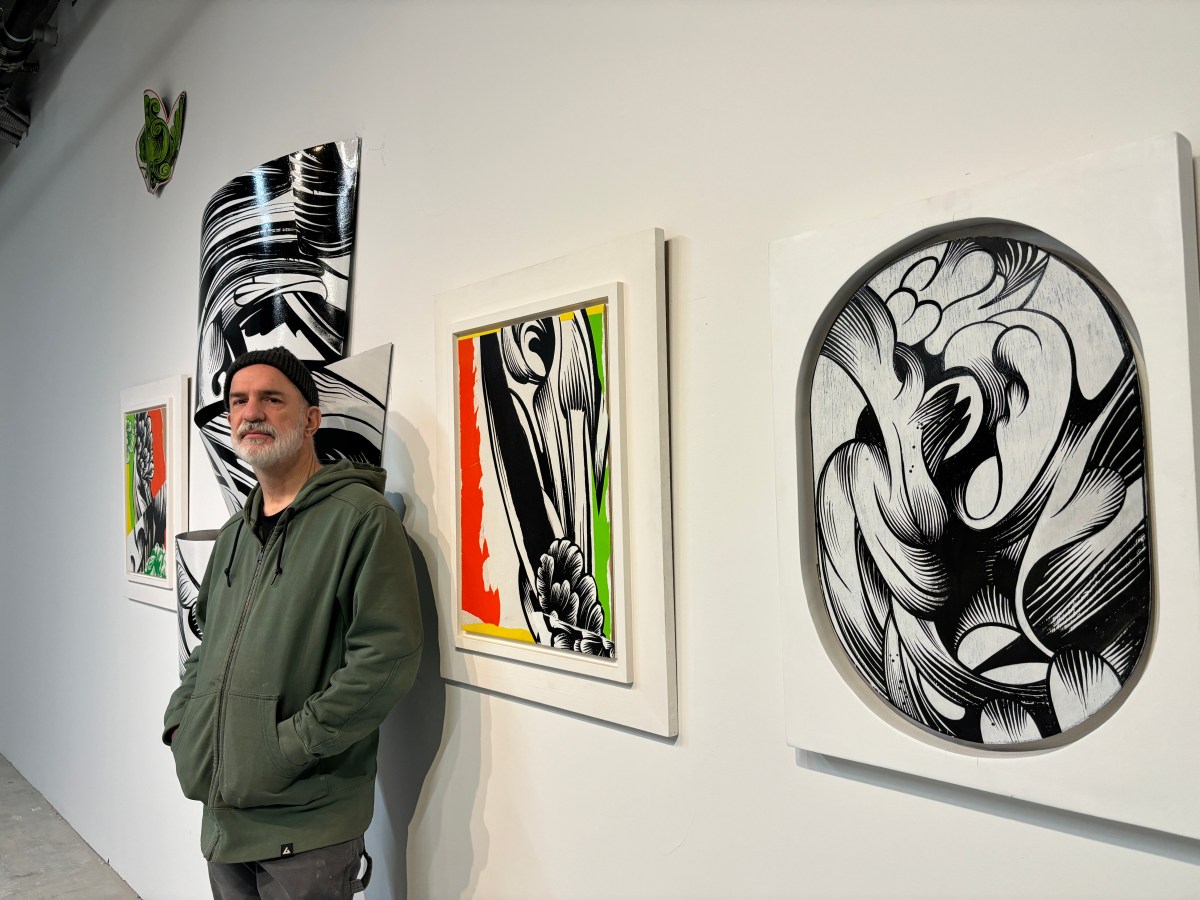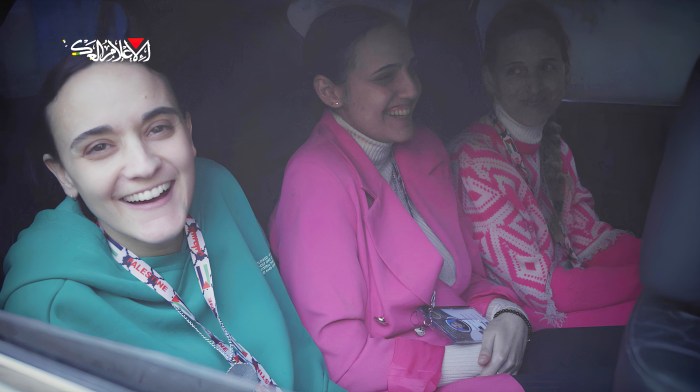
Novelists often update canonical stories in order to tell enduring tales about contemporary times. Salman Rushdie is the latest big name to tackle the classics with “Quichotte,” a loose retelling of Cervantes’ “Don Quixote.”
The novel begins promisingly, introducing the septuagenarian, Indian immigrant Ismail Smile, who is besotted by reality TV and pop culture just as the original Man of La Mancha was addled by tales of chivalry. Smile loses his job as a pharmaceuticals salesman, adopts the nom de voyage of Quichotte, and heads cross-country to win his lady love, Miss Salma R, a star a la Oprah. Quichotte’s courting more closely resembles stalking than romance, which the book does acknowledge, but Rushdie’s premise remains stable.
And then his omnivorous imagination gets the better of his storytelling skills and it comes a bit unsprung. Quichotte and his initially imaginary son, Sancho, are actually the fictional protagonists of the “real world” author Brother, who pens spy thrillers as Sam DuChamp. Brother’s sister — called Sister — and his son — called, you guessed it, Son — take actions mirroring the fictional Quichotte story as the metafiction metastasizes. There are seven metaphorical valleys, an opioid-distribution scandal, a doomsday plot, a talking gun, and much more.
“Quichotte” is by turns audacious, ridiculous and perceptive. Rushdie aims to encompass not just politics and culture in the U.S., but the U.K. and India as well. His text is a thicket of song lyrics, literary references, pop culture totems and factoids. But in attempting to include so much, everything suffers. Plot threads are dispatched cursorily. Incisive analysis boils down to correlation equals causation. Social commentary turns cartoonish.
Rushdie isn’t totally to blame, however, as reality today has become so implausible that true satire is difficult to conceive without pushing the boundaries into the realm of folly.































